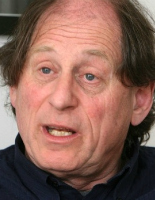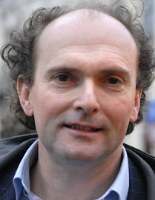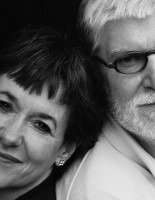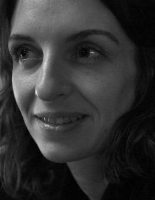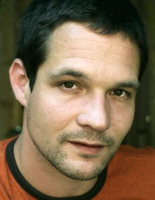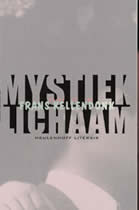
Frans Kellendonk - Mystical Body
In a novel both comical and tragic, Frans Kellendonk explores some very delicate themes. Catholic businessman Gijselhart vents his anti-semitic views when he learns that his daughter is pregnant by Bruno Pechman, a Jew. She has come home to have her baby in peace. The arrival of the child nevertheless gives Gijselhart back his humanity, as he renounces his materialism and tones down his objectionable ideas.
Gijselhart’s homosexual son, the art historian Leendert, just back from New York and infected with a deadly virus, turns up unexpectedly. The lover from whom he caught the virus has just died and, to his disappointment, it is increasingly clear that the art world is dominated by money rather than beauty.
From the harsh perspective of Leendert, Kellendonk describes the deterioration of the Roman Catholic ideal of society as an organism – ‘the mystical body’– that exists by the grace of biological procreation. Homosexuals, Leendert says bitterly, live outside history: to him the pregnant Magda represents human and divine creativity, the church sanctifies heterosexuality, while the homosexual’s bride is Death.
Nevertheless, art – like the union of man and woman – is still able to produce a mystical body, as Kellendonk proves with this novel.
Biography
Frans Kellendonk (1951-1990) belonged to a generation of writers who elevated the dichotomy between fiction and reality to a major theme of their work, with a strong emphasis on form. During his short life, Kellendonk created an impressive body of work: novels, short stories, essays and translations. From his debut Ruin (1977), the ghost story Letter and Spirit (1992) to his final novel Mystical Body, Kellendonk won the admiration of readers and critics alike with his expressive power and sublime use of language.
Quotes
- ‘Brilliantly written and composed.’ – Vrij Nederland
- ‘Kellendonk is a sensitive stylist and an acute observer. There is a spark in his lithe, restrained sentences. He is a pleasure to read.’ – De Volkskrant
